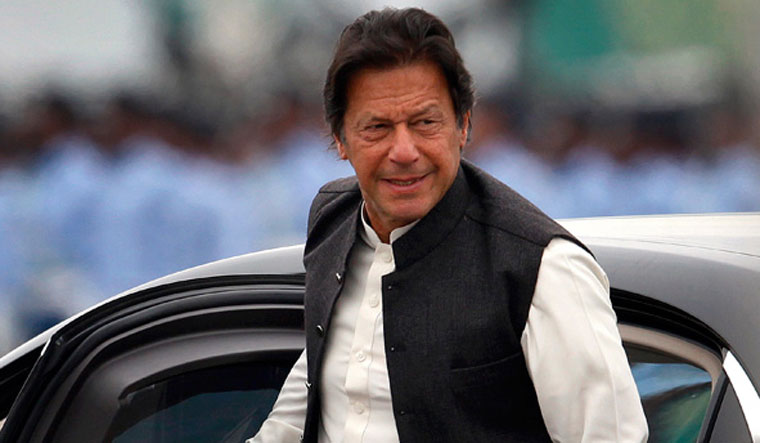Pakistan on Thursday announced that it will send its first astronaut to space in 2022 using close ally China's satellite launch facilities.
Pakistan's decision came as India on Monday successfully launched its second lunar mission Chandrayaan-2.
Fawad Chaudhry, Minister for Science and Technology, said the selection process of the astronaut for the space mission would start from February 2020.
"Proud to announce that selection process for the first Pakistani to be sent to Space shall begin from February 2020. Fifty people will be short listed. The list will then come down to 25 and in 2022 we will send our first person to space. This will be the biggest space event of our country, Chaudhry said in a tweet.
Also read
- How Mission ShakthiSAT will be a game changer in India's space journey
- Bangladesh eases visa process for Pakistanis to strengthen trade, economic relations
- ISRO poised to launch US communications satellite Bluebird with GSLV Mk III
- Elon Musk and back-to-back rocket missions: When and where to watch the last SpaceX launch of 2024 LIVE
- 'Will retaliate': Taliban warns Pakistan after airstrikes target hideouts in Afghanistan
Chaudhry said the Pakistani Air Force will play a lead role in the selection process of the astronaut for the space mission.
"The Air force will be the custodian of the selection process. Globally pilots are selected for space missions," he was quoted as saying by the Dawn News website.
He said that initially 50 pilots will be selected, from which the list will be brought down to 25 and then 10.
"Ten pilots will be trained and eventually one pilot will be sent to space," he said.
Last year, Pakistan launched two indigenously-built satellites into the orbit, using a Chinese launch vehicle.
The satellites were launched onboard the Chinese Long March (LM-2C) rocket from the Jiuquan Satellite Launch Centre located at the Gobi desert, China, The Express Tribune reported.
One of them was a remote sensing satellite (PRSS1) a dual-purpose Earth observational and optical satellite.
The second test satellite launched was a PAK-TES-1A to enhance satellite manufacture capabilities in the country.



